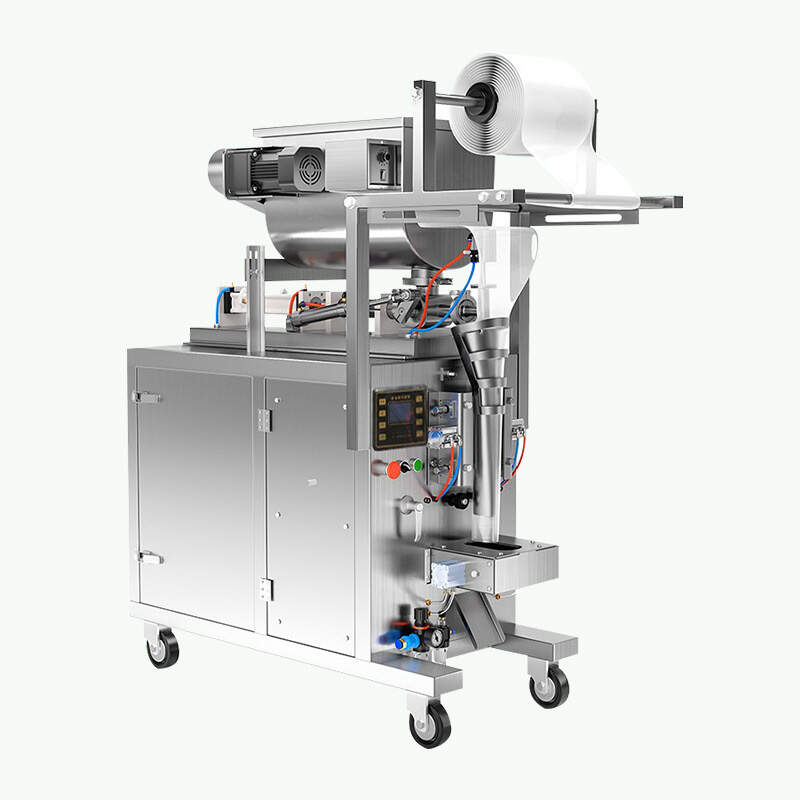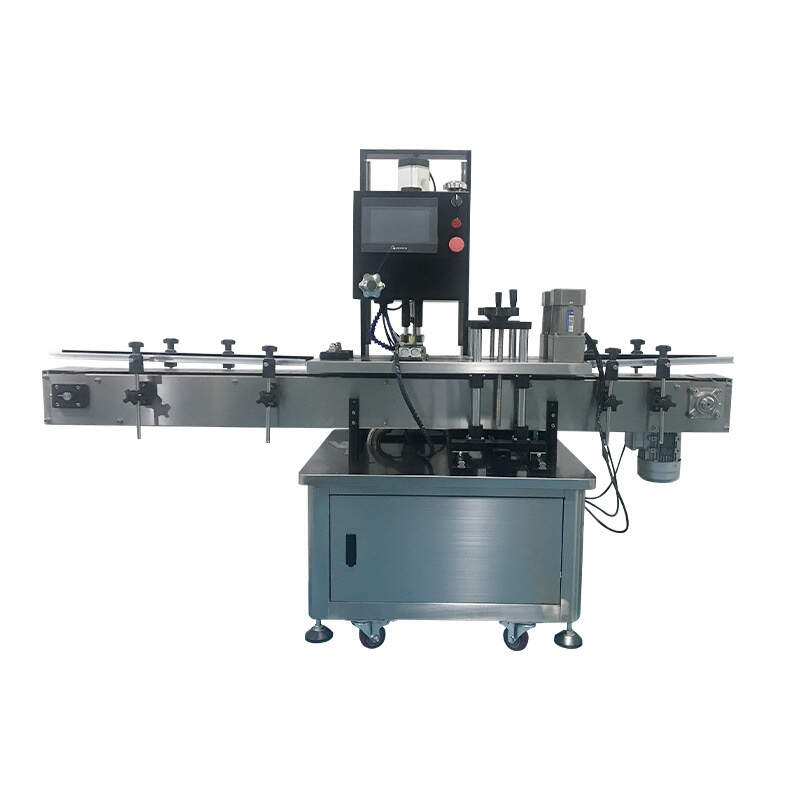

Email format error
Email cannot be empty
Email already exists
6-20 characters(letters plus numbers only)
The password is inconsistent
Email format error
Email cannot be empty
Email does not exist
6-20 characters(letters plus numbers only)
The password is inconsistent



In today's fast-paced manufacturing environment, encapsulation machinery plays a pivotal role in various industries, from pharmaceuticals to food production. As a crucial component in the packaging process, the demand for efficient encapsulation solutions has led to the rise of encapsulation machinery exporters. This comprehensive guide will delve into the intricacies of encapsulation machinery, the role of exporters, and what to look for when selecting the right machinery for your needs.
What is Encapsulation Machinery?
Encapsulation machinery is designed to enclose substances within a capsule, ensuring protection, dosage accuracy, and ease of consumption. This technology is widely used in the pharmaceutical industry for creating tablets and capsules containing medicines, vitamins, and supplements. Additionally, food manufacturers utilize encapsulation for flavoring, preservation, and enhancing the shelf life of products.
Types of Encapsulation Machinery
There are several types of encapsulation machinery available in the market, each designed to cater to specific applications:
Gelatin Capsule Machines: These machines create gelatin capsules, which are commonly used in the pharmaceutical industry.
Vegetarian Capsule Machines: With the growing demand for vegetarian and vegan products, these machines produce capsules made from plant-based materials.
Powder Filling Machines: These are used for encapsulating powders, making them ideal for dietary supplements.
Liquid Encapsulation Machines: Designed for liquid substances, these machines provide precise dosage control and enhance bioavailability.
The Role of Encapsulation Machinery Exporters
Why Choose an Exporter?
Encapsulation machinery exporters are essential for businesses looking to acquire high-quality machines from international suppliers. Here are some reasons to consider working with an encapsulation machinery exporter:
Access to Advanced Technology: Exporters often partner with leading manufacturers who invest in research and development, ensuring access to the latest technology.
Cost-Effectiveness: By sourcing machinery from international markets, businesses can often find more competitive pricing, reducing overall operational costs.
Quality Assurance: Reputable exporters typically adhere to strict quality standards, ensuring that the machinery meets international regulations.
Key Benefits of Working with an Encapsulation Machinery Exporter
Diverse Product Range: Exporters can provide a wide range of encapsulation machinery, allowing businesses to choose the best fit for their specific needs.
Technical Support: Many exporters offer technical support, helping businesses navigate installation, maintenance, and troubleshooting.
Custom Solutions: Exporters can often facilitate customized machinery to meet unique production requirements, enhancing efficiency and productivity.
Factors to Consider When Choosing an Encapsulation Machinery Exporter
1. Experience and Reputation
When selecting an encapsulation machinery exporter, consider their industry experience and reputation. Look for exporters with a proven track record in the market. Research customer reviews and case studies to gauge their reliability and service quality.
2. Product Range and Quality
Ensure that the exporter offers a diverse range of encapsulation machinery tailored to your specific industry needs. Additionally, assess the quality of their products by checking for certifications and compliance with international standards.
3. Customer Support
Effective customer support is crucial when working with an encapsulation machinery exporter. Inquire about their support services, including installation, training, and maintenance options.
4. Pricing and Payment Terms
Request quotes from multiple exporters to compare pricing. Consider the payment terms offered and any additional costs, such as shipping and customs duties, to avoid unexpected expenses.
The Process of Sourcing Encapsulation Machinery
Step 1: Identifying Your Needs
Before reaching out to an encapsulation machinery exporter, clearly define your requirements. Consider the type of products you plan to encapsulate, desired production capacity, and any specific features you need in the machinery.
Step 2: Researching Exporters
Conduct thorough research on potential exporters. Utilize online resources, trade shows, and industry publications to identify reputable companies specializing in encapsulation machinery.
Step 3: Requesting Quotes
Once you've shortlisted potential exporters, request quotes detailing pricing, product specifications, lead times, and warranty information. This step is essential for making an informed decision.
Step 4: Evaluating Proposals
Compare the proposals received from different exporters. Pay attention to the quality of machinery, pricing, and after-sales support offered.
Step 5: Finalizing the Purchase
After evaluating the proposals, choose the encapsulation machinery exporter that best meets your needs. Ensure all terms are clearly defined in a purchase agreement, including delivery timelines and warranty details.
Future Trends in Encapsulation Machinery
As technology continues to advance, the encapsulation machinery industry is evolving. Here are some trends to watch:
1. Increased Automation
The push for efficiency is driving manufacturers to invest in automated encapsulation machinery. Automation minimizes human error, reduces production time, and enhances overall quality.
2. Eco-Friendly Materials
With growing environmental concerns, the demand for eco-friendly encapsulation materials is on the rise. Exporters are responding by offering machines that utilize biodegradable and sustainable materials.
3. Customization and Flexibility
Businesses are increasingly seeking customized encapsulation solutions to meet their specific production needs. Exporters that can provide flexible machinery options are likely to see continued demand.

Conclusion
In conclusion, the role of an encapsulation machinery exporter is vital in today's manufacturing landscape. By understanding the types of machinery available, the benefits of working with exporters, and the factors to consider when choosing one, businesses can make informed decisions that enhance their production capabilities. As technology advances, staying updated on trends will further ensure that you select the best encapsulation solutions for your operations. With the right machinery and support, you can streamline your encapsulation processes and achieve greater efficiency and profitability in your business.